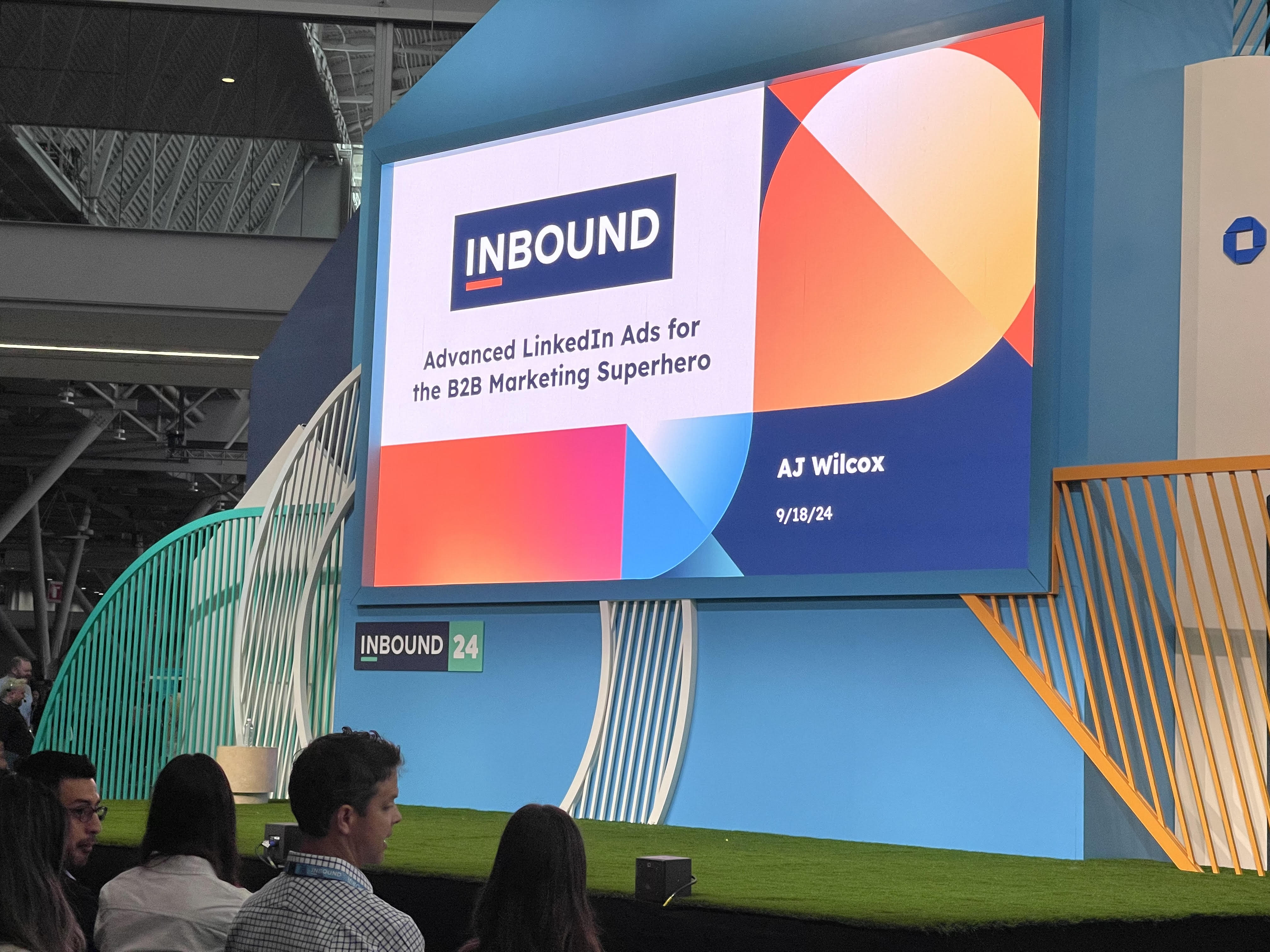The future of online visibility is increasingly determined by a smart AI search engine strategy. New AI search engines like the Generative Search Experience (GSE) are emerging, but are still in their infancy. But what can marketing specialists do to prepare to outperform these new search engines in the future? In this blog, we discuss the future of online visibility and tips for improving your future ranking in AI search engines.
What is Google Generative Search Experience (GSE)?
With Generative Search Experience (GSE), Google aims to provide more relevant and comprehensive answers. With GSE, a chatbot interaction is combined with standard search results. GSE places an AI-generated snapshot above the organic search results, which combines essential information from various sources about a search query. This snapshot may include text, images, videos, follow-up questions, and source overviews, creating a rich and interactive search experience. An AI-generated search result also shows some relevant search engine pages for the entered search query (see example below).

Are AI search engines the future?
An AI search engine, like GSE, is a promising search technology because it delivers efficient, personalized, and contextual information. Additionally, the AI functionality offers a human-like interaction in the form of a conversation, scales effectively with increasing data, and continually improves with a machine learning approach. However, there are also challenges with the adoption of AI search engines such as built-in data biases and the impact on current website traffic. Therefore, it is still unclear when and how AI-generated search results will be rolled out.
What is AI-driven SEO and how do you stay ahead of the game?
With the arrival of AI search engines like Google GSE, marketers are preparing for the new AI search model. This AI-driven SEO is also known as Generative Engine Optimization, or GEO. And with it, a shift occurs from traditional SEO. The new AI search engine model gives users a direct answer to their questions, with the LLM (Large Language Model) pulling information from various sources and integrating it into a summarized answer. This is in stark contrast to the traditional SEO model, which directs users straight to the ranked pages.
What does this mean for your SEO strategy?
The transition from SEO to GEO involves not only a change in technical strategies but also a redefinition of how content is created, used, and valued. The changing SEO landscape thus brings a number of issues, including:
- What determines that content is included in the AI search result?
- Which structured data helps improve your content score?
- How does the AI search engine scan your content?
- What is the impact of AI-generated search on your backlinking (and interlinking) strategy?
Several search engine optimizations will not change, including creating relevant and comprehensive content, using headings and structured data markups such as listicles, bullets, multimedia content and definitions, tailored to the search intent. This is because structured data ensures that the content is easily digestible for the AI search engine.
What will change?
The expectation is that not much will change in the current SEO strategy. There might be more need for even more unique and extensive content. Bridge the knowledge gap with new information or use your unique perspective for an in-depth analysis of a particular topic. This positions you as a knowledge leader within a specific field and you avoid copying existing content. It increases the likelihood that the AI-feature will use and prioritize your content in online search results. Both unique and extensive content that answers common questions will likely come ahead in the new AI search engine. Finally, citing sources adds more authority and credibility. So AI-driven SEO is a complement to your current SEO strategy. Read all the tips for smartly optimizing content for the AI search engine.











